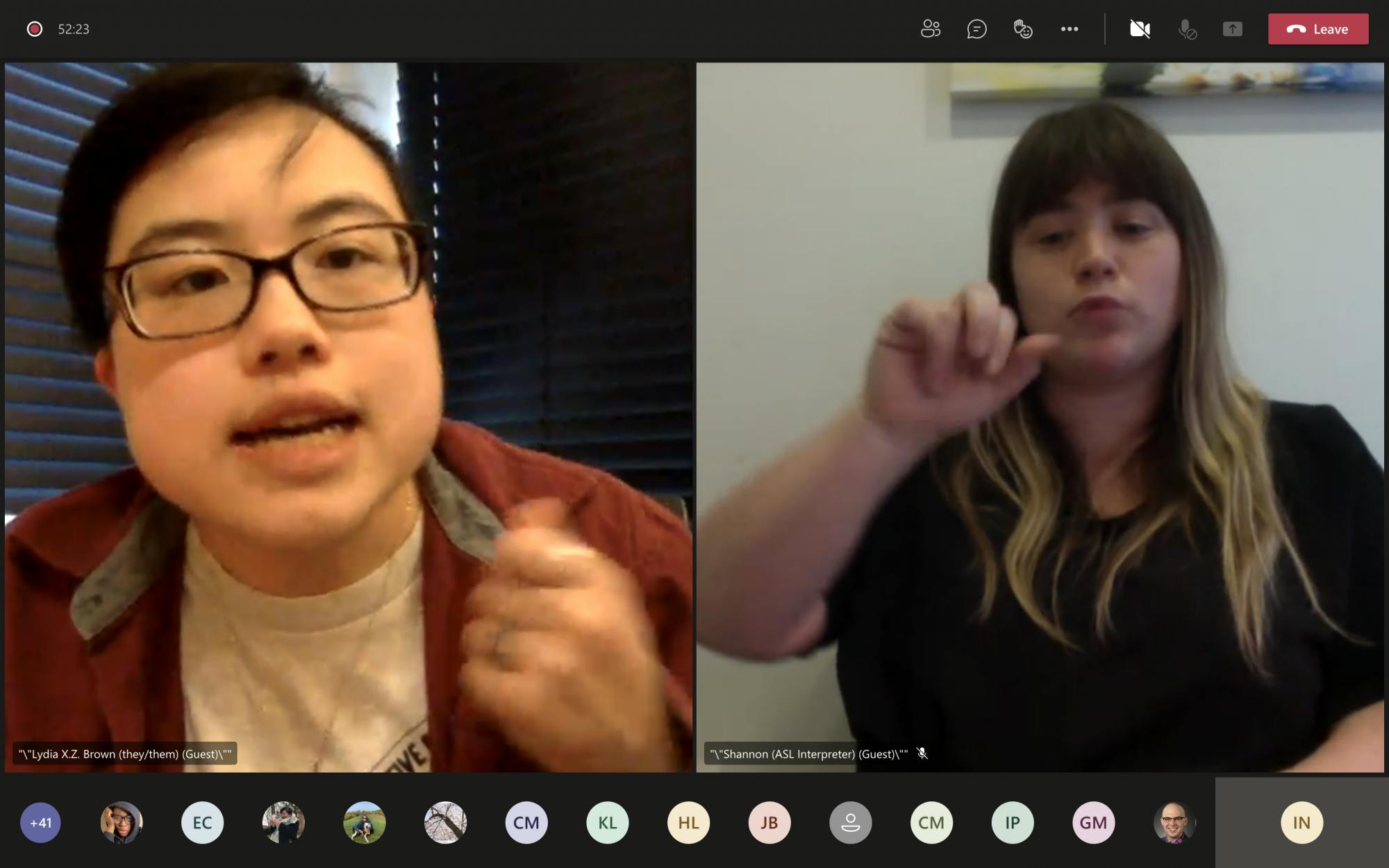

I don't believe that any one tactic or strategy or approach by itself is going to bring about our liberation. I believe in working across communities, fields, and institutions. How do all of your different roles as a writer, a lawyer, an organizer, and an educator serve each other to further your goals?

We are just usually deprived of the opportunity to have food that we know is going to be safe and accessible. It brings me joy knowing that many times when I'm hanging out with other disabled and chronically ill people, sometimes I'm one of the first people who will make their food right the first time and it will be delicious.

I can do it for just about any dietary restriction imaginable. I'm really happy to see these types of projects, organizations, and groups that our own community members are creating all the time in so many different spaces.īut on a more personal level, I love to bake and cook. I am so happy that there are projects out there now like Disability Justice Culture Club and others like the Autistic Women and Nonbinary Network, where I work part time. You can see that when an individual community member asks for support, many of us will scramble to see what we can possibly do. The second type of challenge that we face within movements for justice are those created by systems, structures, patterns, and institutions of oppression that seek to erase our work and existence, to deprive and deny access to resources or support.Īs for joy, we work constantly to support each other. One of the challenges we face come from within our own community, some people replicate abusive and violent patterns of interaction.That trauma compounds over and over again, from a lifetime of living in a profoundly racist, ableist, classic, anti-queer, anti-trans world. The greatest challenges that I have faced are common in many marginalized communities. Now, they’re working on a personal art project called the Disability Justice Wisdom tarot card deck, which will reimagine the major arcana to “represent ordinary parts of disabled lives experiences.” In their organizing work, they’ve founded the Fund for Community Reparations for Autistic People of Color's Interdependence, Survival, and Empowerment, which has raised nearly $100,000 for autistic people of color. As someone with a multiply marginalized identity, Brown inherently understands how systems like ableism, racism, and classism are all connected in fueling violence and discrimination towards people like them.īrown melds all their modes of expertise in their advocacy and policy roles for non-profits like the Center for Democracy and Technology and the Autistic Women and Nonbinary Network. Brown - a writer, educator, organizer, artist and lawyer - is determined to help other disabled people in their communities get what they need to survive. Queer disabled people have long been fighting for basic forms of justice, like healthcare equity and access to spaces.


 0 kommentar(er)
0 kommentar(er)
